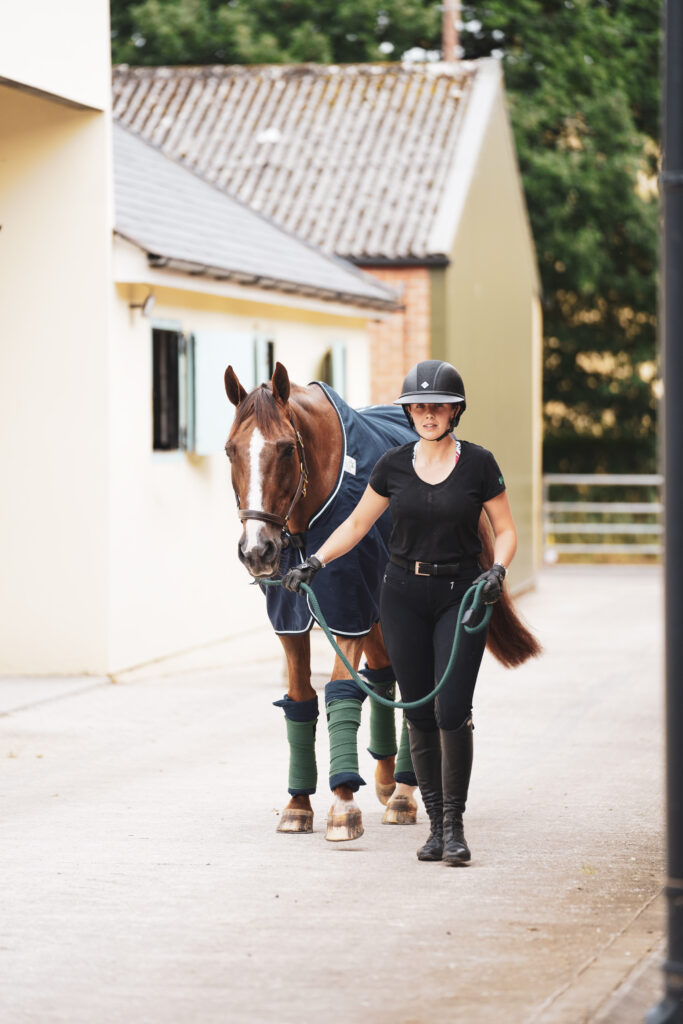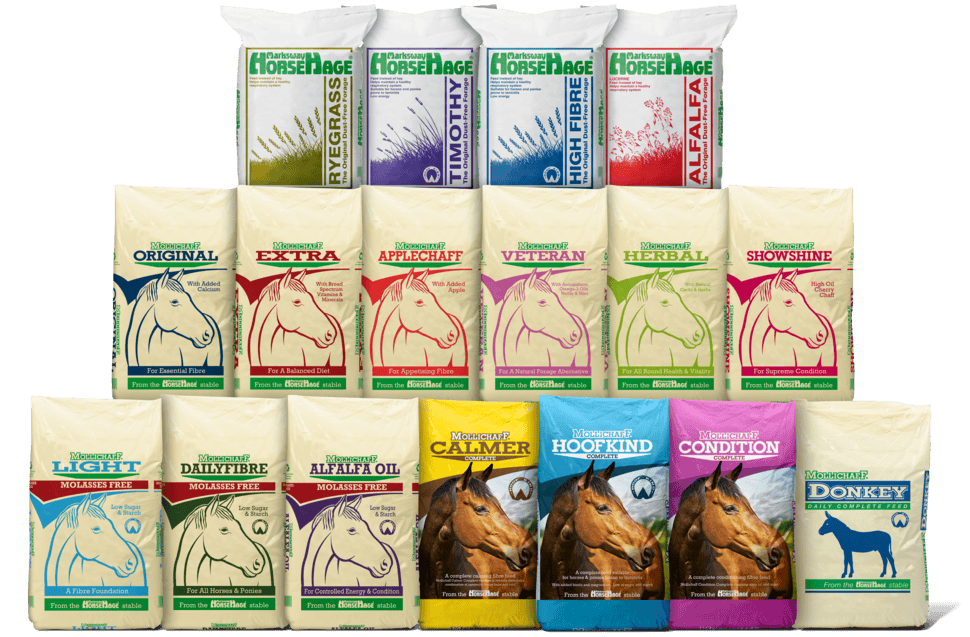
Just like in humans, water is an essential part of horses’ and ponies’ diets. It helps to move food through the digestive system, transports nutrients and other substances around the body, acts as a medium for metabolic processes and supports thermoregulation.
Dehydration can severely affect their performance, cause serious health implications and in some cases, it can be potentially life-threatening. Water deprivation for just 24 hours can cause a 4% loss in bodyweight through dehydration.
Horses typically become dehydrated as a result of three main factors: excessive sweating (as a result of hot weather or strenuous exercise), not drinking enough water, diarrhoea, or dietary factors. This means they’re at risk of dehydration at any time of the year, not just during the summer months.
Symptoms of Dehydration
Over time, all horses have adapted to efficiently lose excess heat through sweat. Performance horses also dissipate heat by increasing their heart rates, and both methods result in a loss of water for the horse.
In a medical setting, the best way to measure dehydration in horses is to take a blood sample, however there are some more practical ways you can spot whether your horse is dehydrated.
- Dark urine
- Not passing urine for a significant amount of time
- Congested, red mucous membranes
- Poor performance
- Easily fatigued when working
- Lethargy and depression
How to Avoid Dehydration in Horses
Dehydration can be life-threatening so it’s important that you keep your horses and ponies hydrated at all times – Whether it’s hot or cold outside.
Make sure there is always access to fresh clean water and avoid restricting access to water during competitions. Water can easily become contaminated by bacteria, leftover food and or debris, which can put your horse off drinking it so ensure drinking water is always as fresh as possible.
If your horse isn’t a big fan of the taste of water when you travel, bring some mint, apple juice, cordial, or something else that your horse enjoys to improve the taste for them.
If your horse or pony does become severely dehydrated, water alone is not enough to adequately rehydrate them. Instead, the electrolytes lost must be replaced with added salt or electrolyte supplements, as the horse’s body cannot retain water without the presence of electrolytes.


